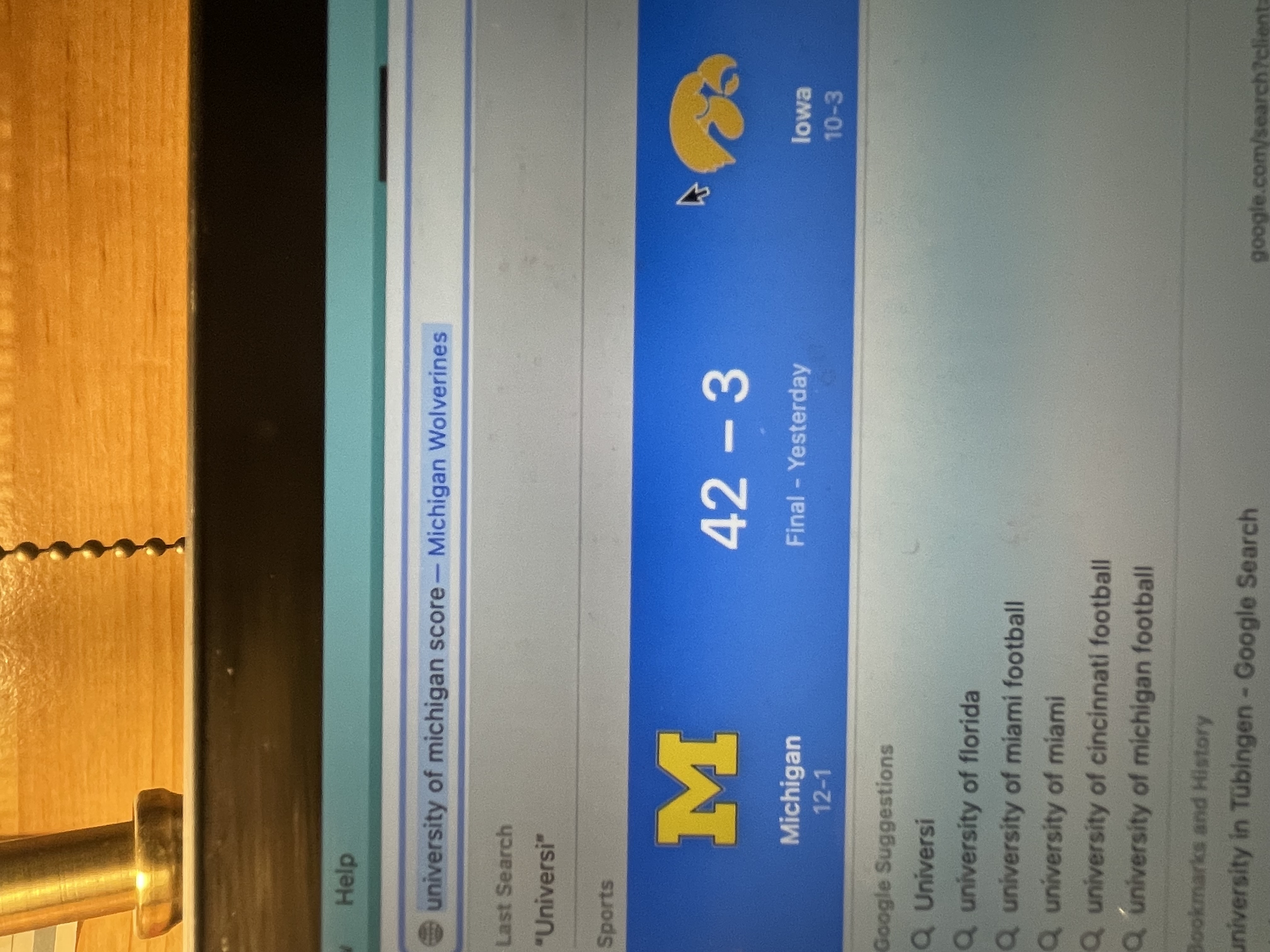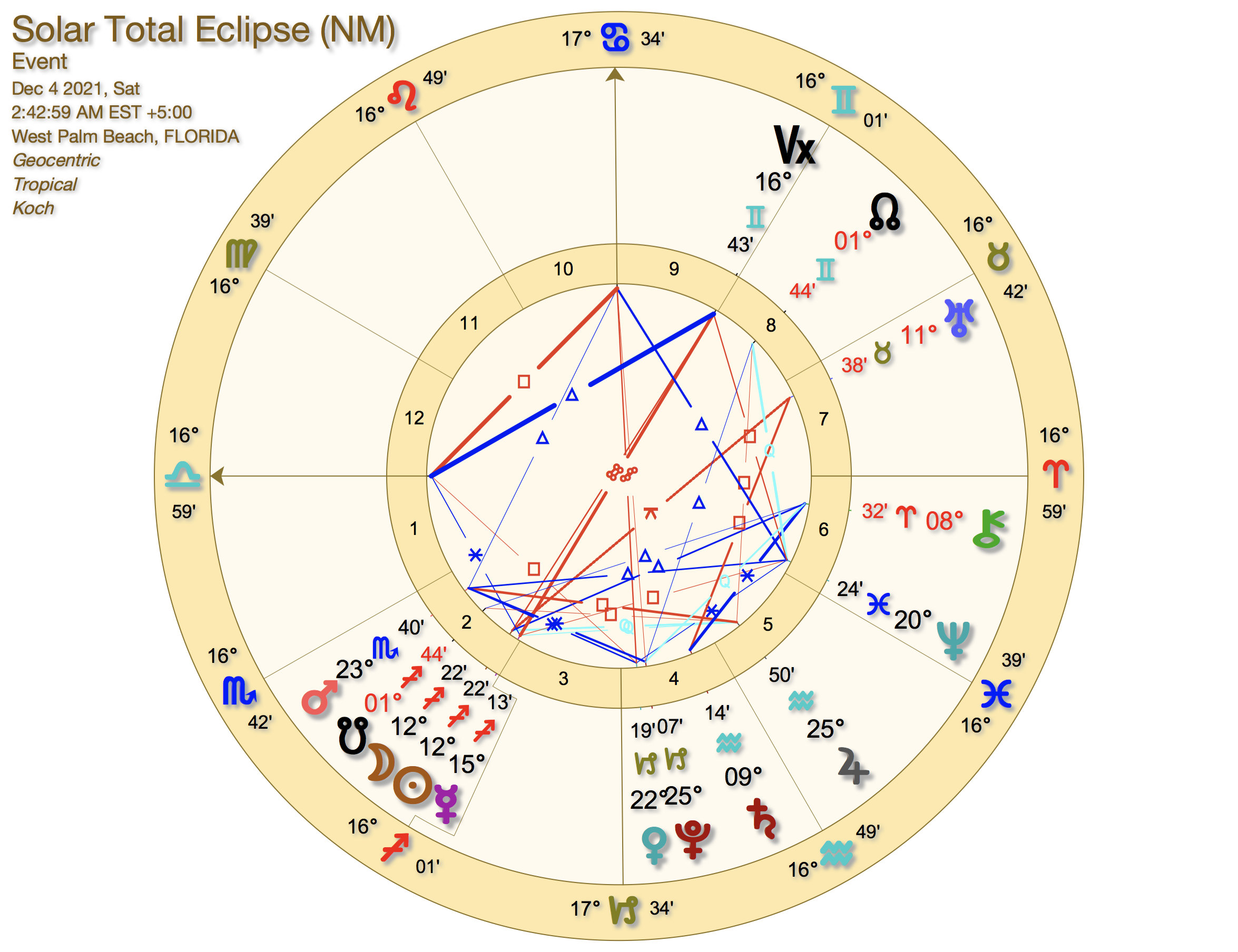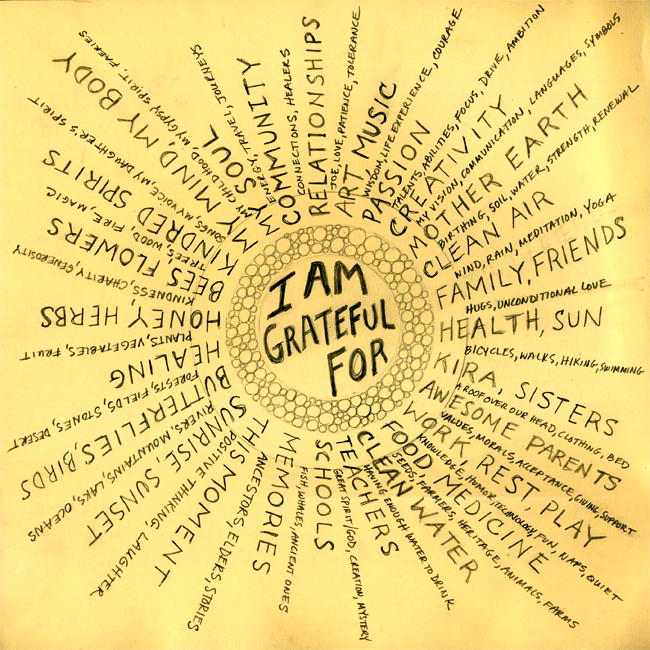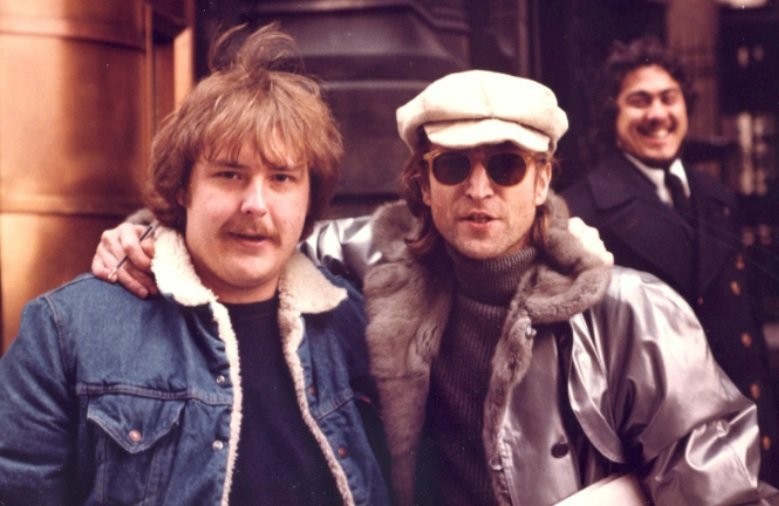
Do you know where you were or what you were doing on December 8, 1980, when John Lennon was assassinated by Mark David Chapman?
I do. I was sitting in front of my TV in Fort Lauderdale, sobbing, watching the press coverage of Lennon’s murder – and of his life and music.
What I didn’t know at the time was that Chapman experienced a sequence of synchronicities that he believed confirmed his decision/desire to kill Lennon:
1. Lennon lived in the Dakota, the building where the movie Rosemary’s Baby was filmed.
2. That movie was directed by Roman Polanski, husband of actress Sharon Tate, who was killed by the Charles Manson gang. She was nearly nine months pregnant.
3. The Manson gang’s favorite was Helter Skelter, written by Lennon/McCartney.
4. As he was waiting out the Dakota, Mia Farrow, who played the part of Rosemary in Rosemary’s Baby, walked by.
5. Several hours before Chapman killed Lennon, the Beatle signed an autograph for him.
Chapman took these synchros as confirmation that he should shoot Lennon.
So, here’s my question: Does this mean that synchronicities can have negative consequences?
No. It’s not the synchronicity that produces the negative consequence; it’s the interpretation and action of the person who experienced the synchro. Chapman was open for signs, for confirmation. He was also a nut job, demented, mentally ill.
Synchronicity is an equal opportunity phenomenon. It doesn’t give a damn about the color of your skin, your spiritual beliefs, educational level, your profession, whether you’re rich or poor, sane or insane. If you’re open and receptive to it, then it pays you a visit.
It’s not a technology. It’s a holographic connection. It seems to exist along the border between what quantum physicist David Bohm called the implicate and explicate order, that border where inner and outer collide. That makes synchronicity our most direct route to our personal and collective unconscious.

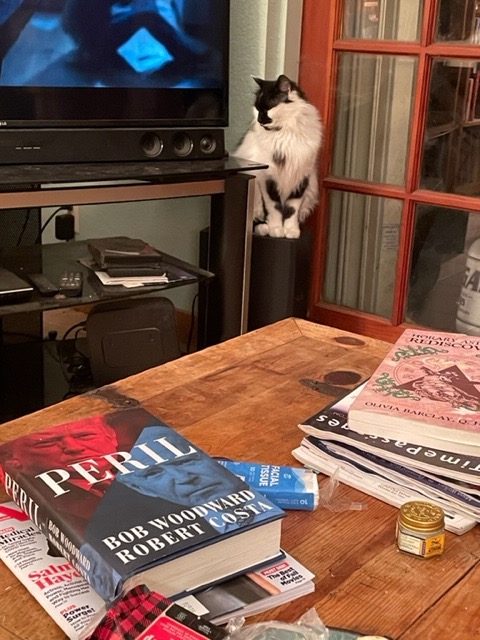
 The University of Michigan Wolverines paid tribute to Oxford High School football player Tate Myre in their game against Iowa by wearing a patch with the #42 and Tate’s initials on it. Tate was one of the four students recently killed in the gun assault at the high school.
The University of Michigan Wolverines paid tribute to Oxford High School football player Tate Myre in their game against Iowa by wearing a patch with the #42 and Tate’s initials on it. Tate was one of the four students recently killed in the gun assault at the high school.